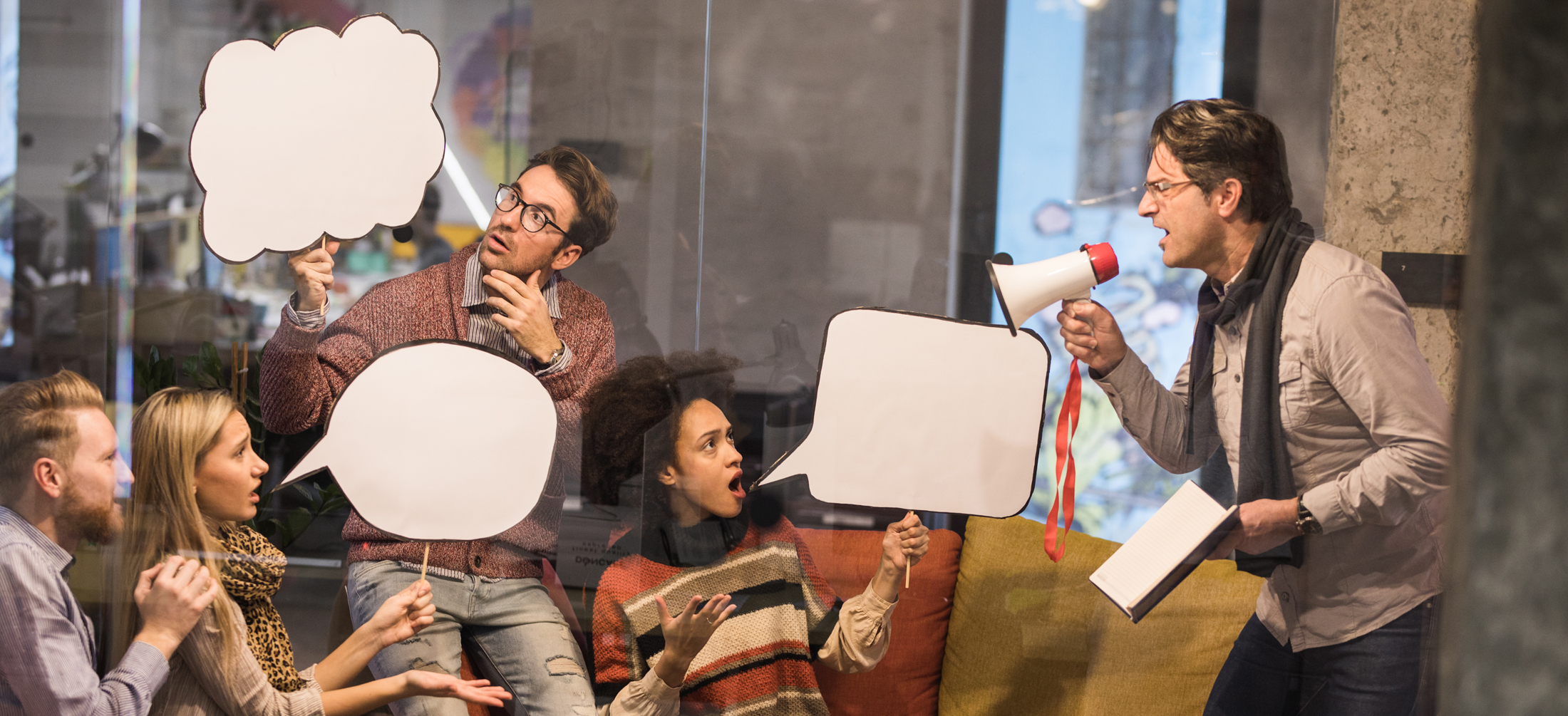#NoBlackFriday
Keep Calm And Buy Nothing!

Image Mikedesign
Lynn Johnson,
24 November, 2020
I did enjoy Greta Thunberg’s reaction to the people who tried to undermine her increasing profile by making negative comments about her Asperger’s syndrome diagnosis. Her response, that she considers it a “superpower” was great and there is some truth to what she said.
Asperger’s syndrome provides the brain with the ability (and desire) to switch off noise and negates the normal compulsion to comply with social pressures. These are very useful abilities today, when more-and-more research is highlighting people’s inability to think about complex problems because our brains are being altered by social media, noisy workplaces, and equally noisy lifestyles. These changes to our brain are modifying our behaviour and, in part, explain the disconnect between our beliefs and actions.

Image PORNCHAI SODA
For example, with just a few days to go until Black Friday 2020, on 27 November, how do we interrogate the gap between the action of gratuitous levels of consumption triggered by these shopping ‘events’ and our supposed belief that we need to live more sustainable lifestyles? China’s Singles Day, created by e-commerce giant Alibaba, has become the biggest shopping ‘event’ in the world. Held on the 11 November, Singles Day generated US$75 Billion for Alibaba in 2020 and continues to set new sales records year-on-year. And worryingly, there is talk about Singles Day going global – please No!
Even the likes of Fashion Revolution are reflecting on how the COVID-19 lockdown, which was an opportunity to slow the consumption cycle, particularly for cheap clothing, has proven the habit is hard to quit. A new study suggested that in the UK, search engine queries for ‘cheap clothes’ increased by 46% between March and June 2020. With many people supposedly accepting our lifestyles are unsustainable, why are they demonstrating such inflexible behaviour in purchasing decisions?
This gap between action and belief was again confirmed with a poll of 26,000 people from 25 countries, conducted for The Guardian, showing people are planning to drive more in future than they did before the coronavirus pandemic, even though the overwhelming majority accept human responsibility for the climate crisis.
Can the disconnect between such beliefs and actions lie in overwhelmed working memory, behavioural inflexibility and increasing levels of personal debt? Are all of these contributing to people losing their Freedom to Think and Freedom To Act?
Agency, defined as the ability of living entities to alter their environment (and themselves) with purpose, requires working memory (the ability to store and retrieve information). While our brain has a huge working memory it is being overwhelmed by noise to the point that it is reduced to an immediate and short-term focus. If we don’t begin to understand the impact of our noisy thinking, working and lifestyles, society will not be able to manage the transition needed in the face of the climate and extinction crisis.
Research is only now starting to provide some insights into how social media affects brain function; this is important given our massive social media addiction. According to 2018 report, 88% of respondents between the ages of 18 to 29 said they used some kind of social media, 78% of 30 to 49-year-olds said the same; and 64% of people between the ages of 50 and 64 use social media on a frequent basis. This last group is very interesting because “For a generation that didn’t grow up with the internet or social media, this helps explain the prevalence of social media use in our culture.”
What are the effects from a neurological perspective? One of the key concerns about social media is the narrowness of the feedback loop, namely the ‘Likes’, which heighten the need not to feel excluded. When social media users receive ‘Likes’, their brains fire off dopamine receptors. Such reward systems are seen in the brains of addicts, resulting in the brain receptors becoming overwhelmed. The brain responds by producing less dopamine or eliminating dopamine receptors, leaving the person focused on the immediate need of how to get the next ‘fix’.

Image champja
Add to social media the noise of work, with back-to-back meetings during working hours resulting in too many people doing their ‘real’ work in personal time. The constant audible ‘pings’ as inboxes fill up or you are notified that you have another text massage. Think about it, just how often have you rang someone for them to pick up, only to tell you that they are in a meeting and will ring you back once it is finished? Why pick up? Why not just let people leave a message?

Image skynesher
But this way of being hasn’t come about by accident. To understand how this happened we have to look at the policy settings of 40 years of accelerating neo-liberal ideology. A key policy setting has been to pretend that all problems are a result of individual choices, individual actions and individual failings, thus diverting attention away from the social settings of institutions and government responsibility.
A perfect example of this is seeing unemployment as an individual failure, and, as such, all unemployed people should be punished by keeping them impoverished. But also, it is a mistake to see wealth as deserved because it is ‘a result of hard work’ (a statement repeated ad nauseum but contrary to all available evidence).
Pushing problems such as cost of living, status, health, anxiety and mental health, unemployment etc onto individuals, as an individual choice, further reduces working memory and hence their agency in relation to the larger problems such as the climate crisis. Pretending that success in life is solely the result of personal choices and failure is the hallmark of personal deficiency absolves the government and business of their responsibility for social and environmental problems.

Image fizkes
Another policy setting has been to encourage people to spend, Spend, SPEND to ‘ensure that there is money in government coffers’ while at the same time reducing taxes on high earners and business. It is in the governments best interest to encourage Black Friday, Singles Day and Cyber Monday etc. So on top of social media, work noise and lifestyle noise many people have also developed survival anxiety, diverting our capacity to think long-term, as they worry about levels of personal debt.
All this noise’ is eating into our working memory and we need our working memory to think through the consequences of our actions and complex issues. Are you beginning to see the problem here? When are we going to demand something different from our institutions? Too many of the current voting generations are completely indoctrinated into personal responsibility and choices; we will not solve the climate problem by changing our light bulbs and recycling our rubbish.
Will we have to wait for the Greta generation to reach voting age to trigger the necessary institutional change? While that is not too far away, it will take time for this cohort group to reach a significant percentage of the voting population.
In the last few days before Black Friday, this is the time to reflect on the question “Will Greta be buying something?” I personally would be very surprised if she buys something on Black Friday because she is committed to Fridays For The Future. As a grandparent, parent, older sibling, or a supporter of Greta, maybe you should be too?!

Image Gints Ivuskans

Subscribe To
[mc4wp_form id=”29″]




